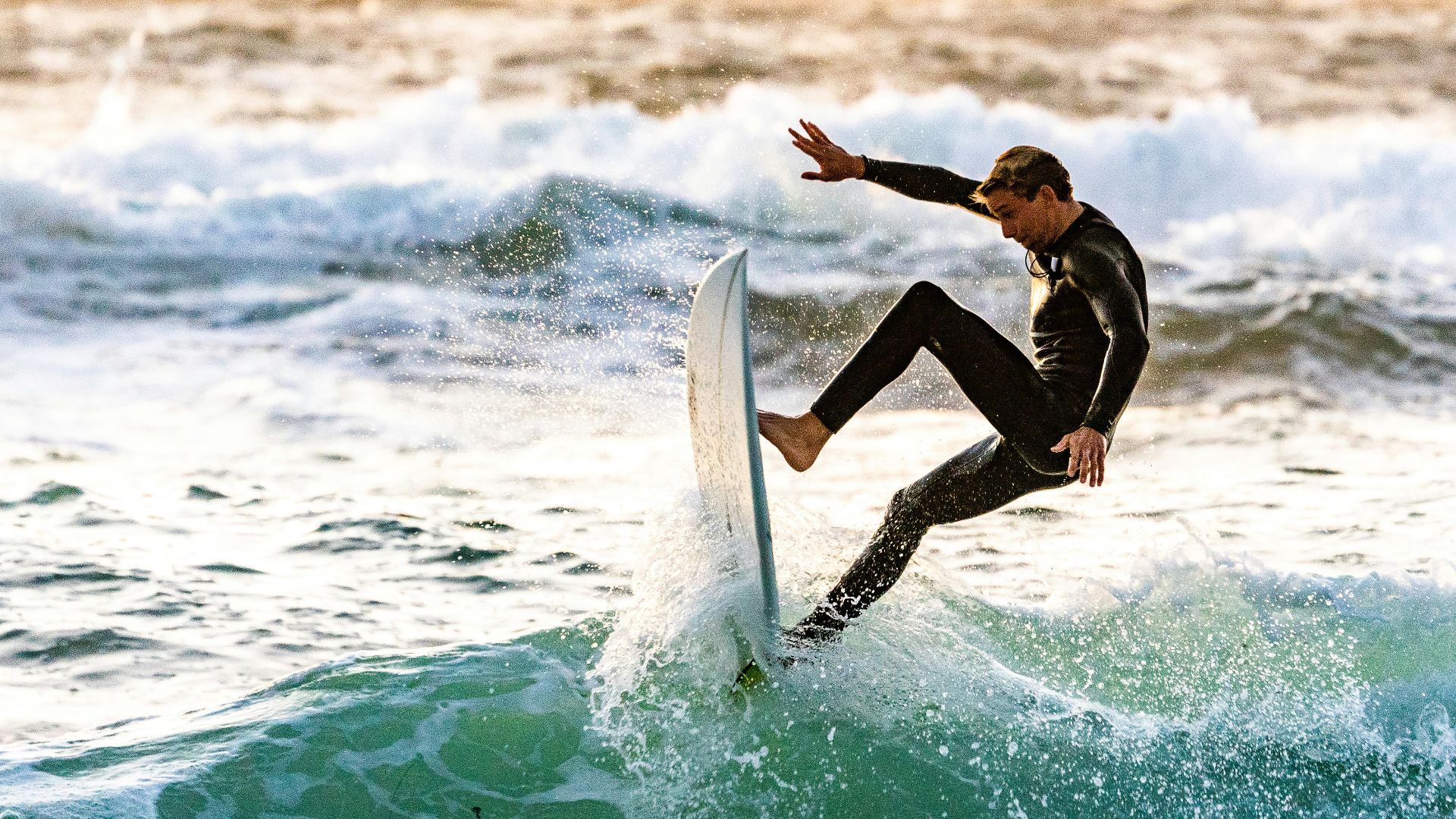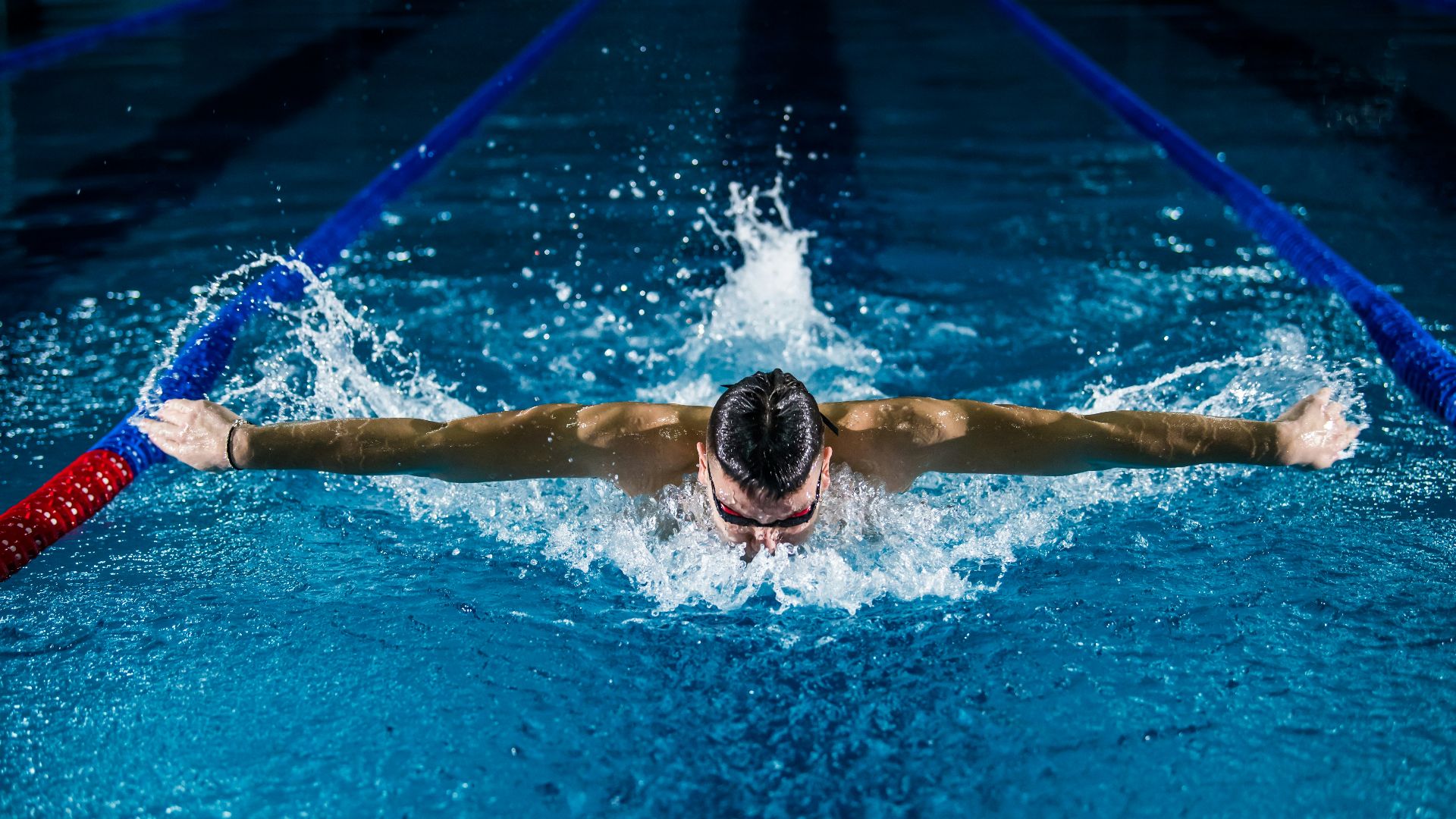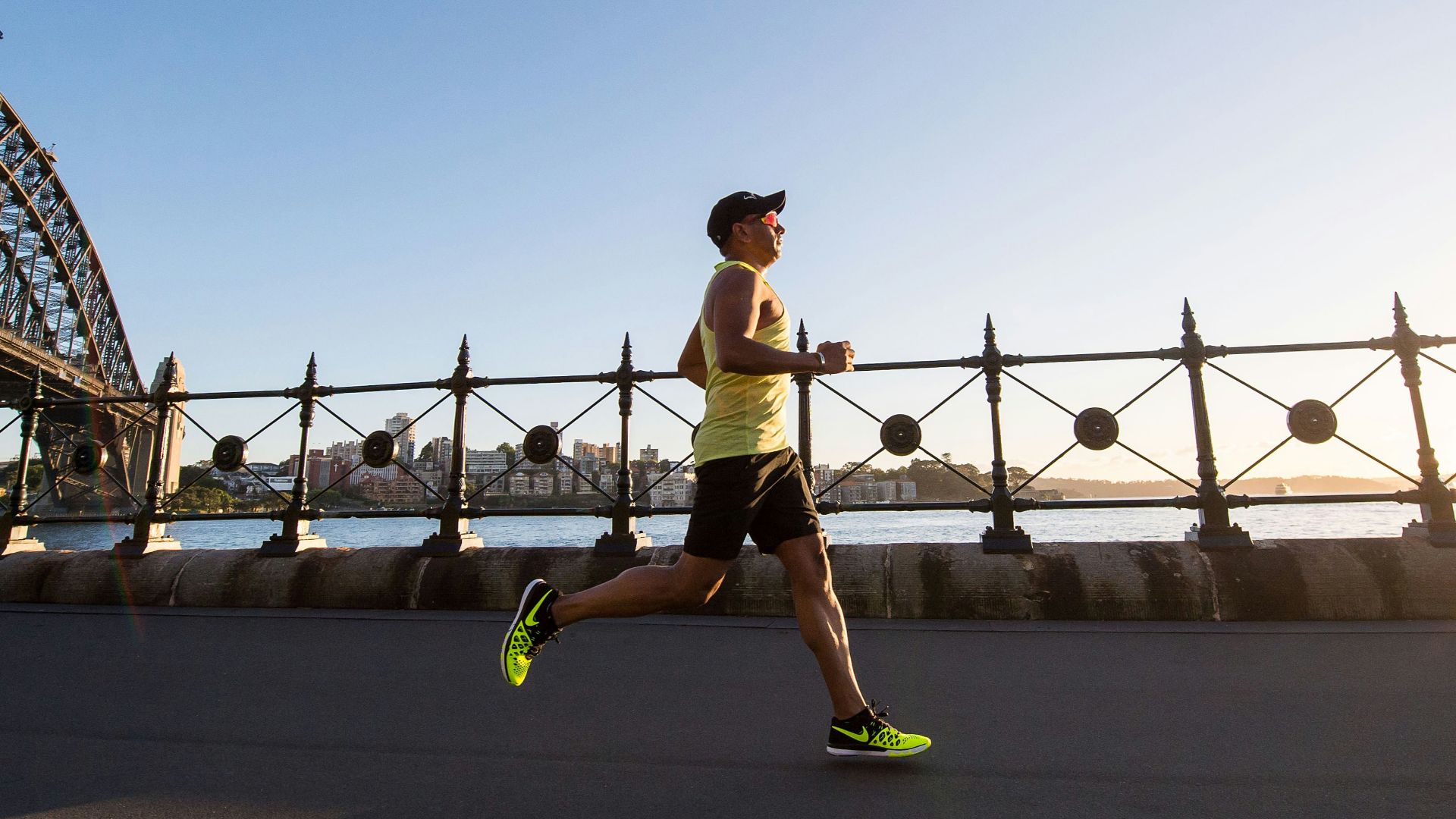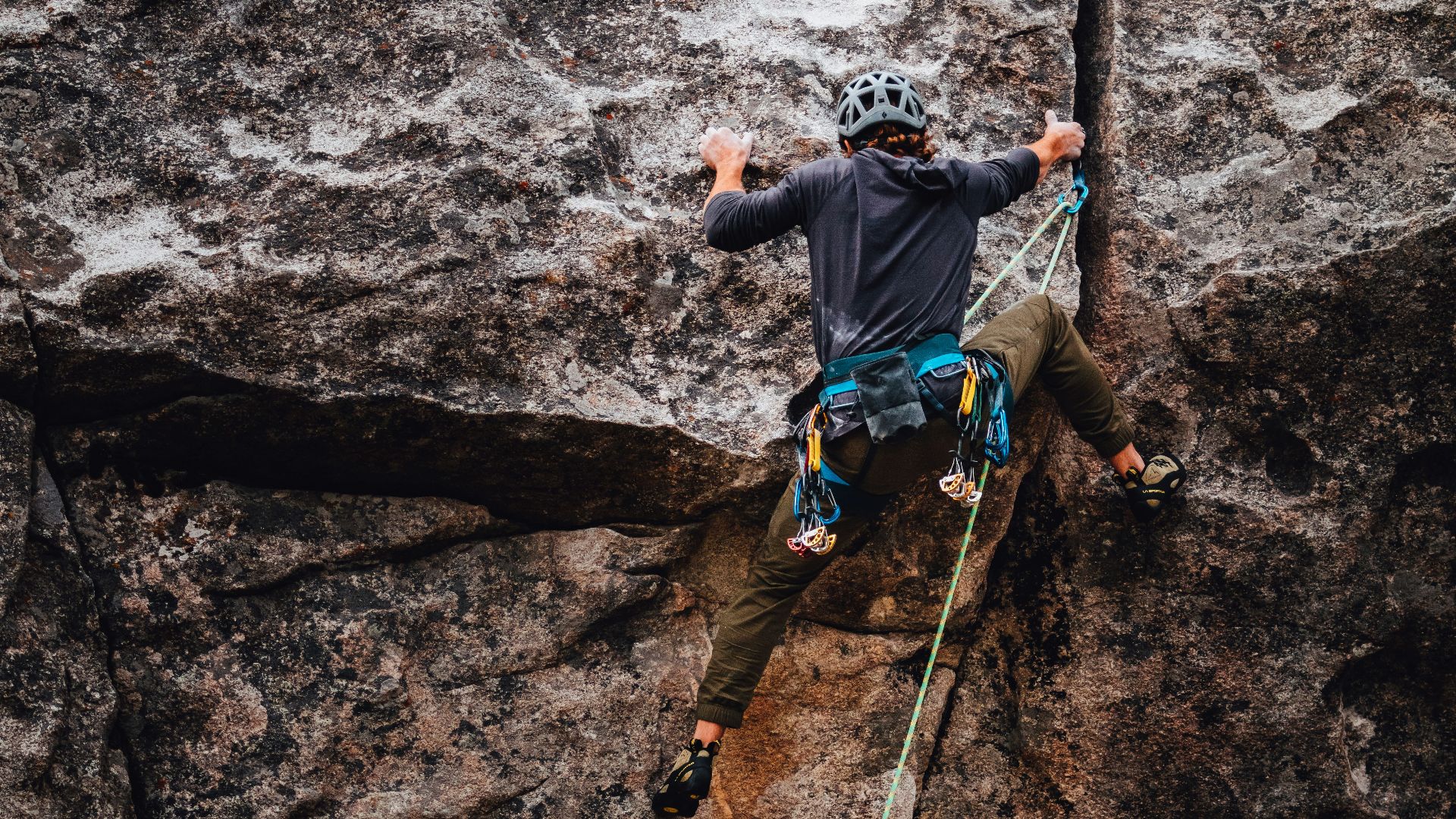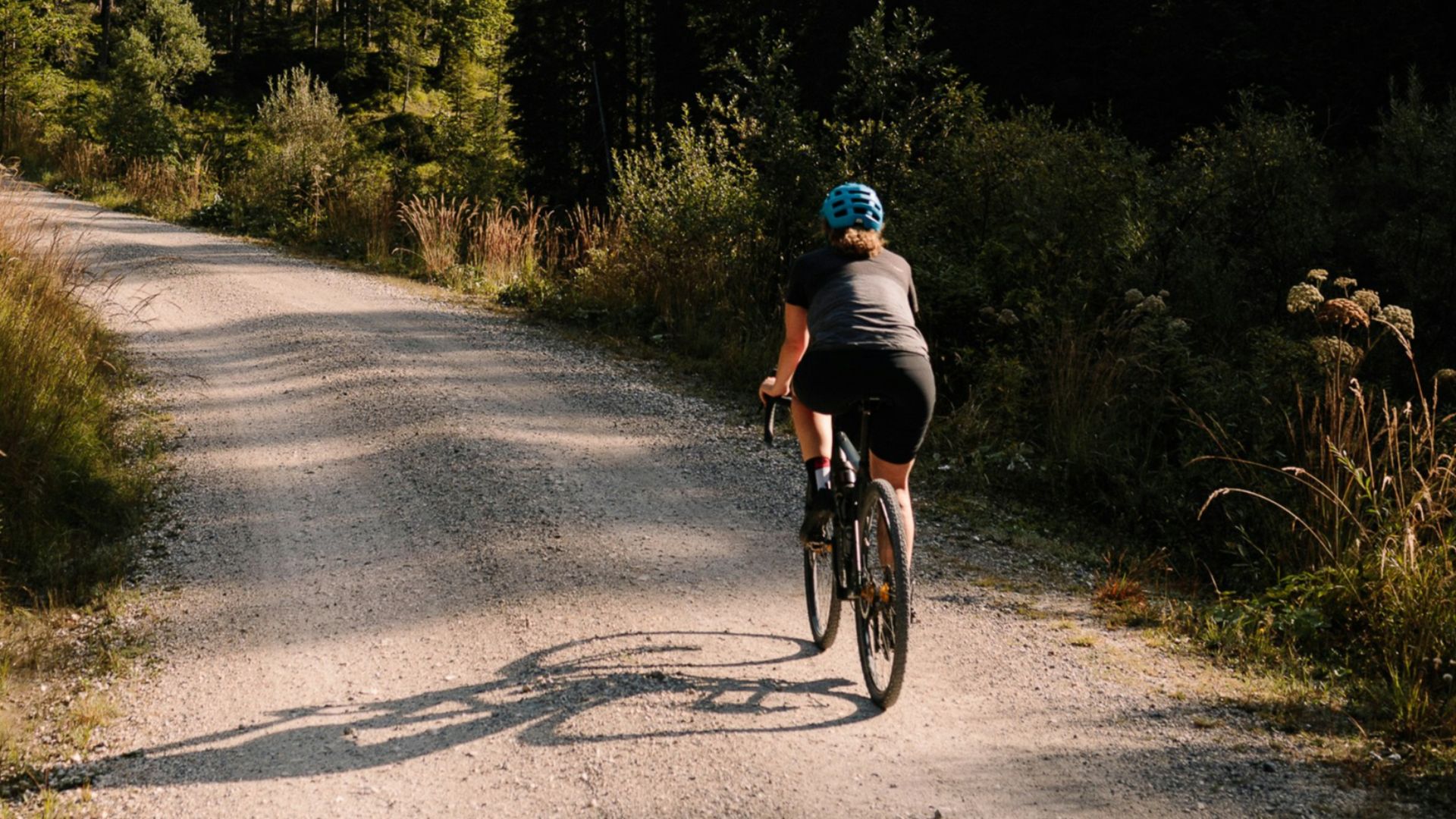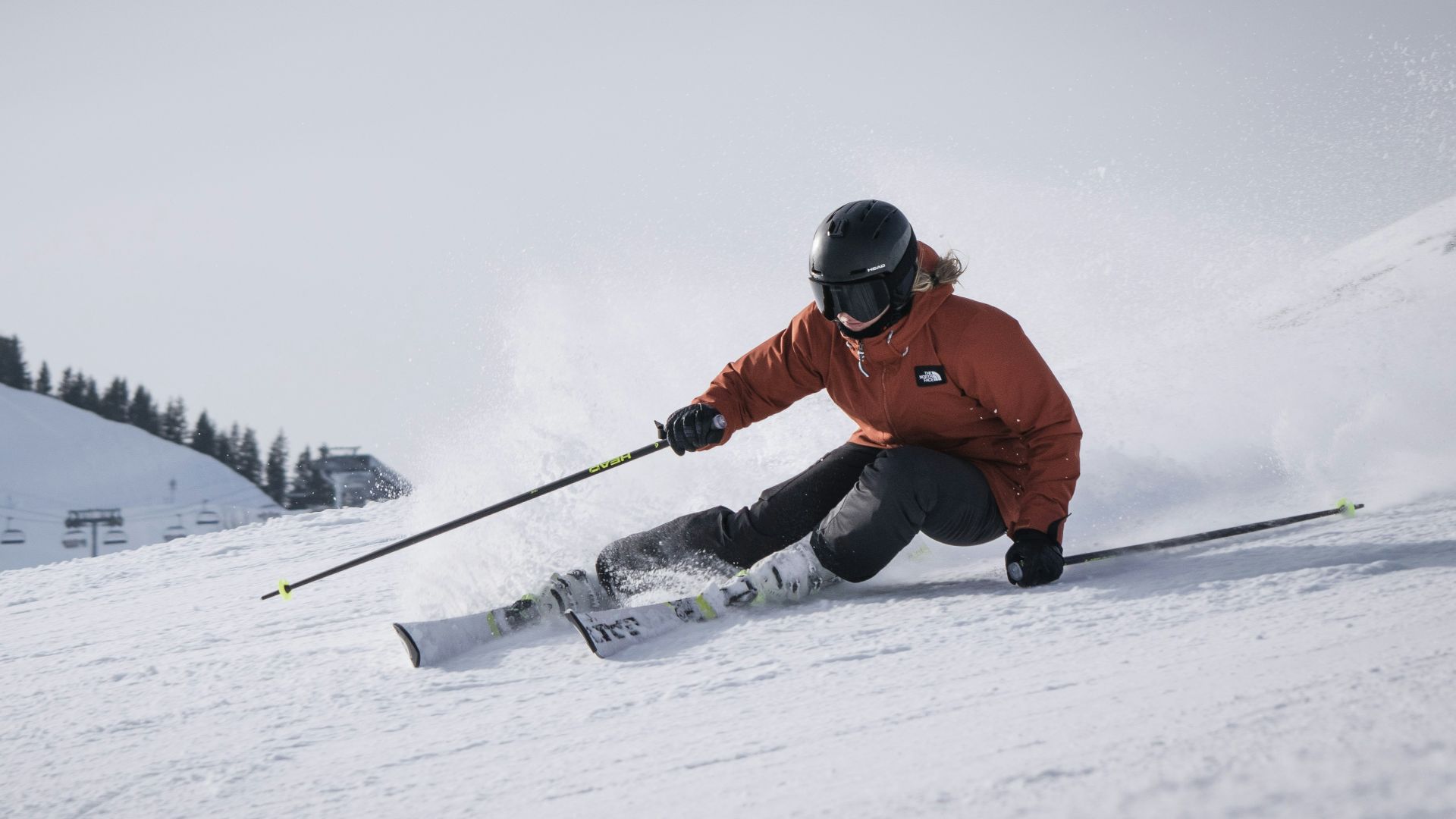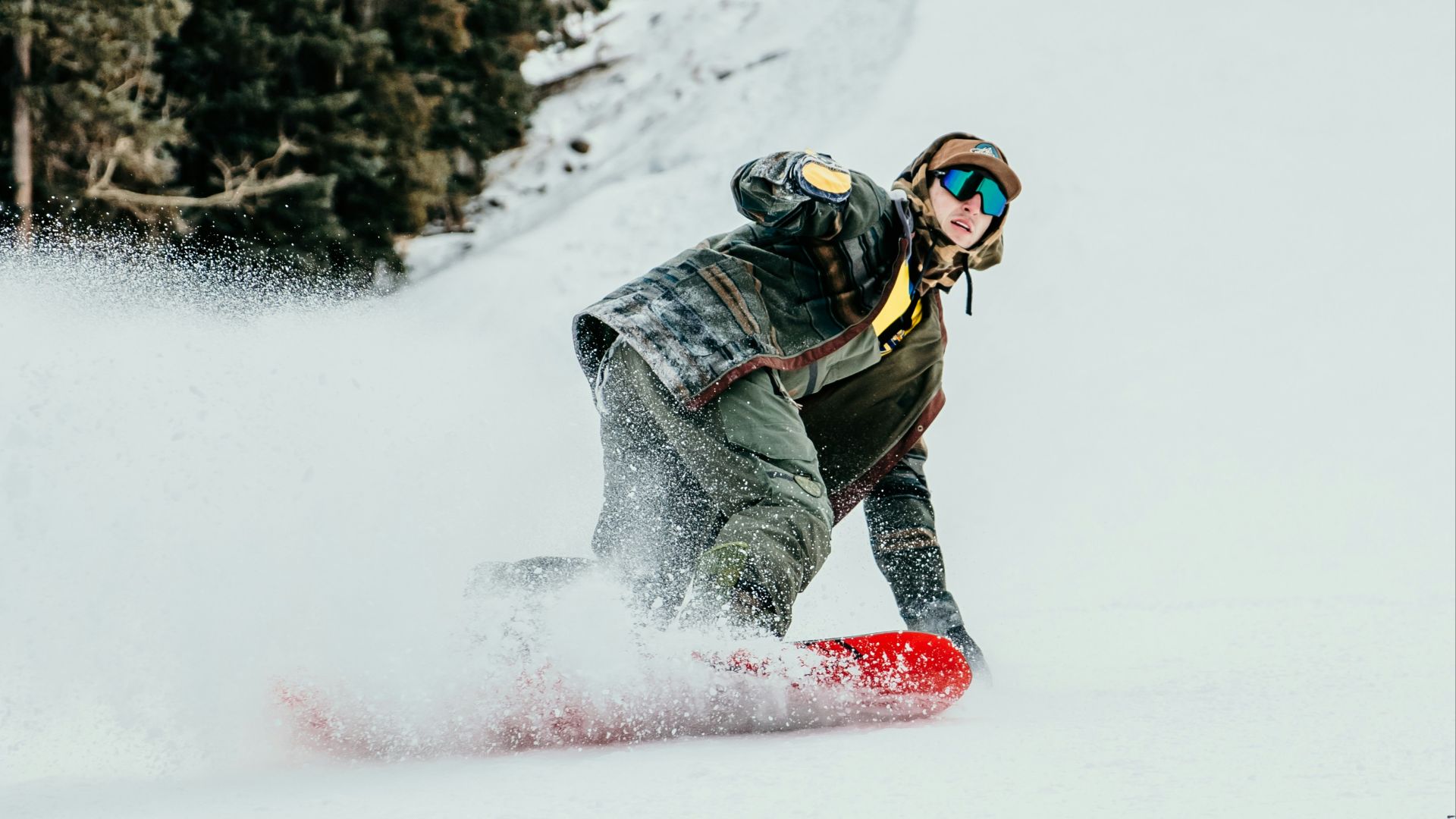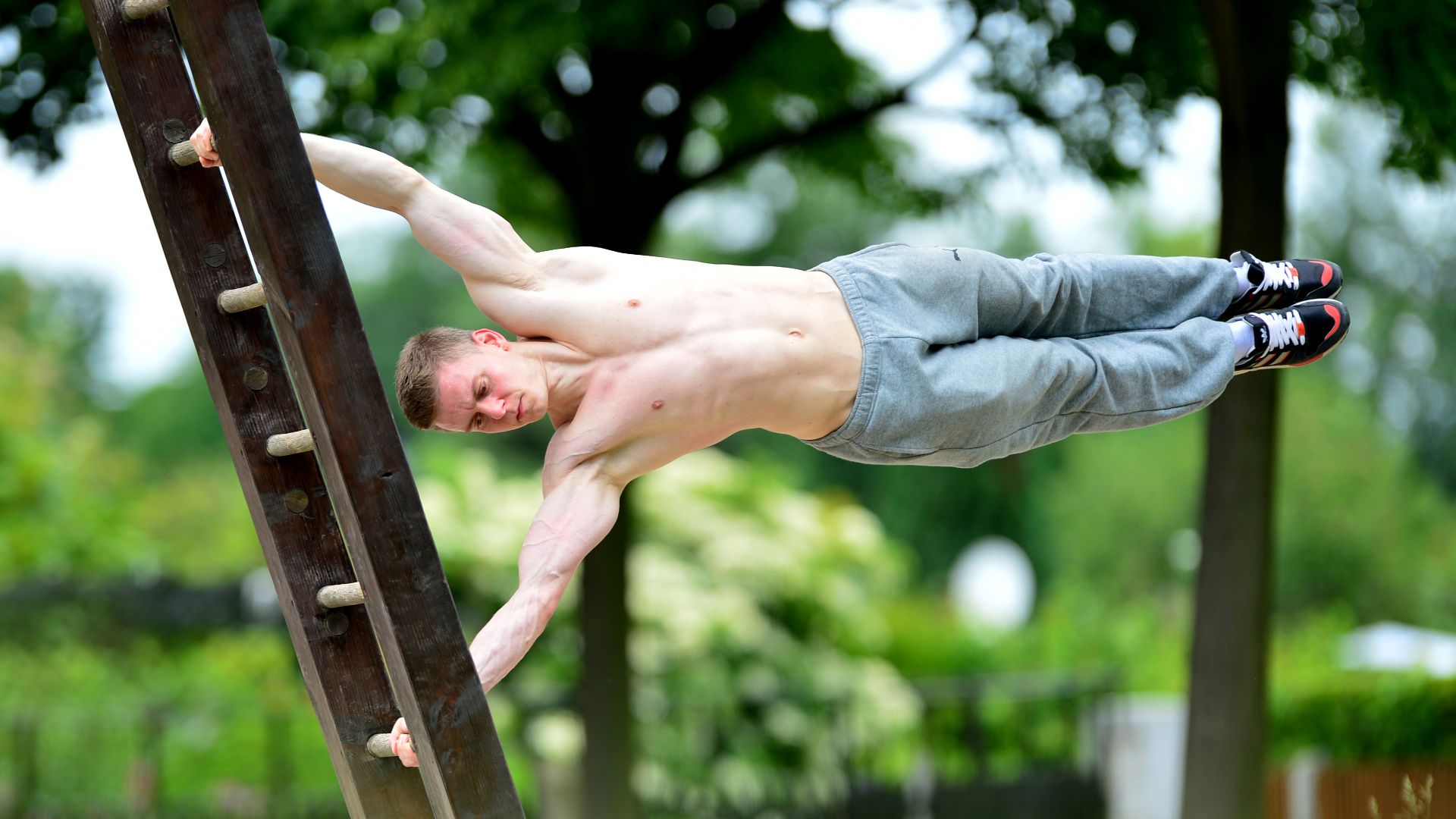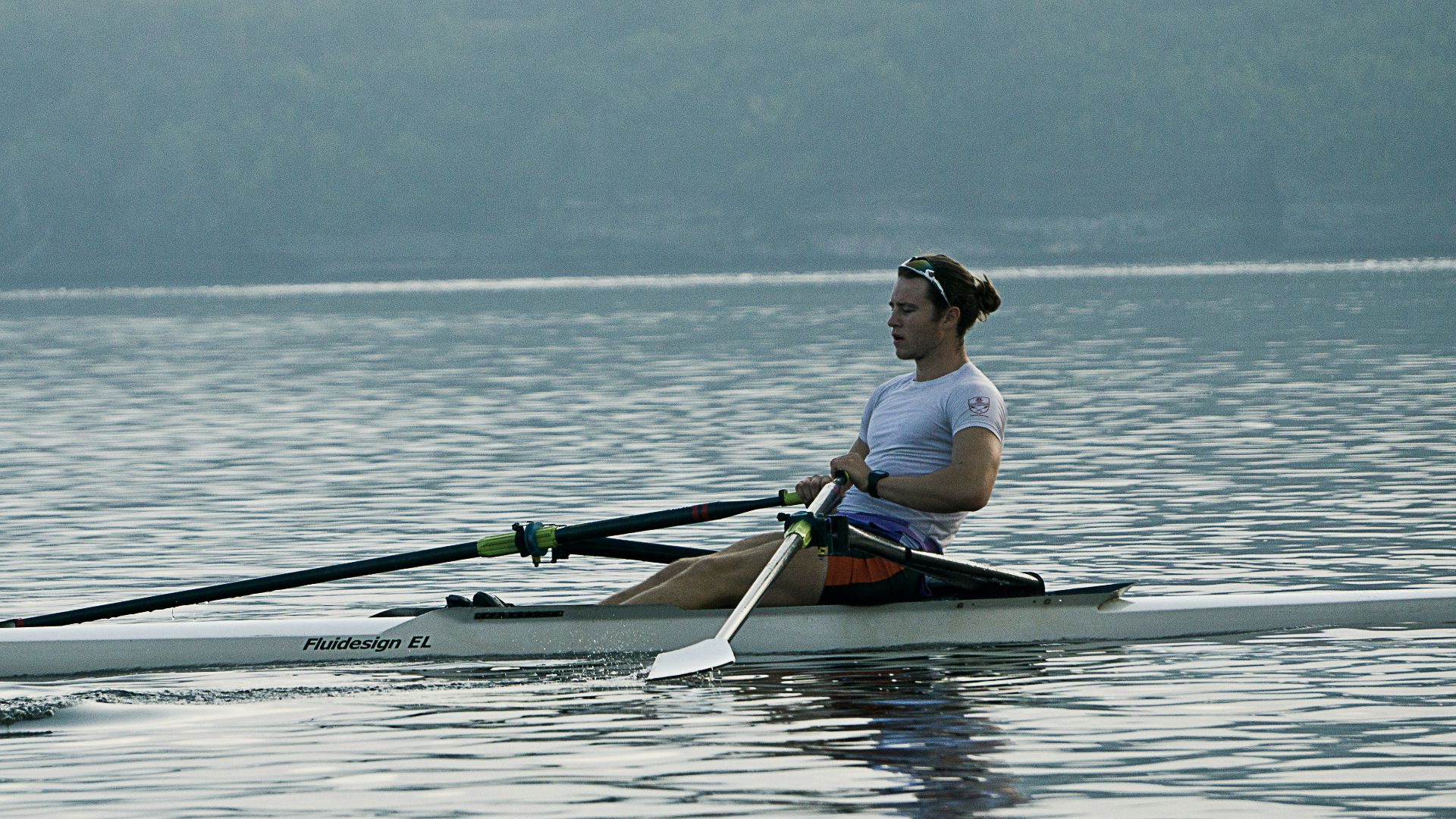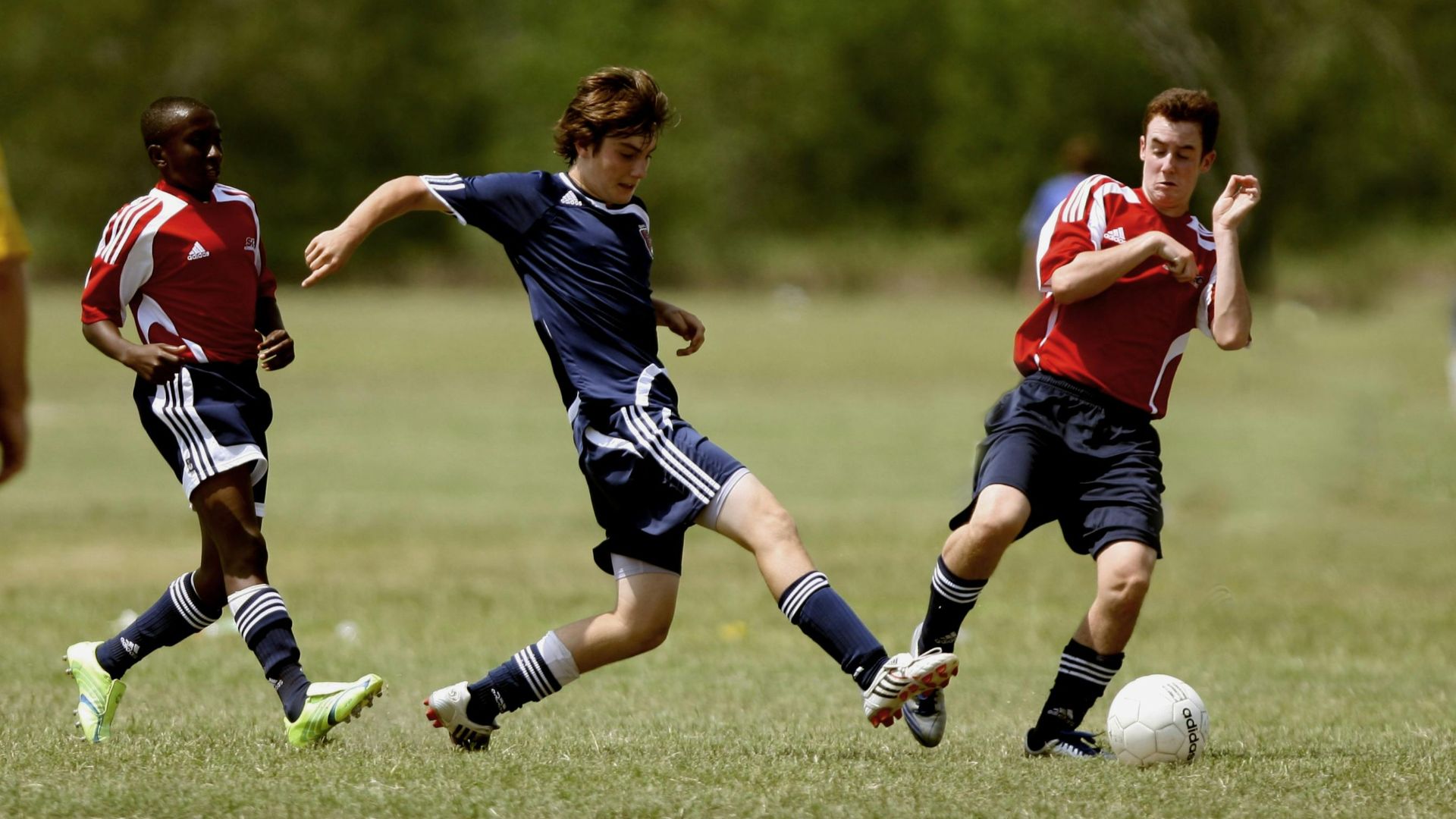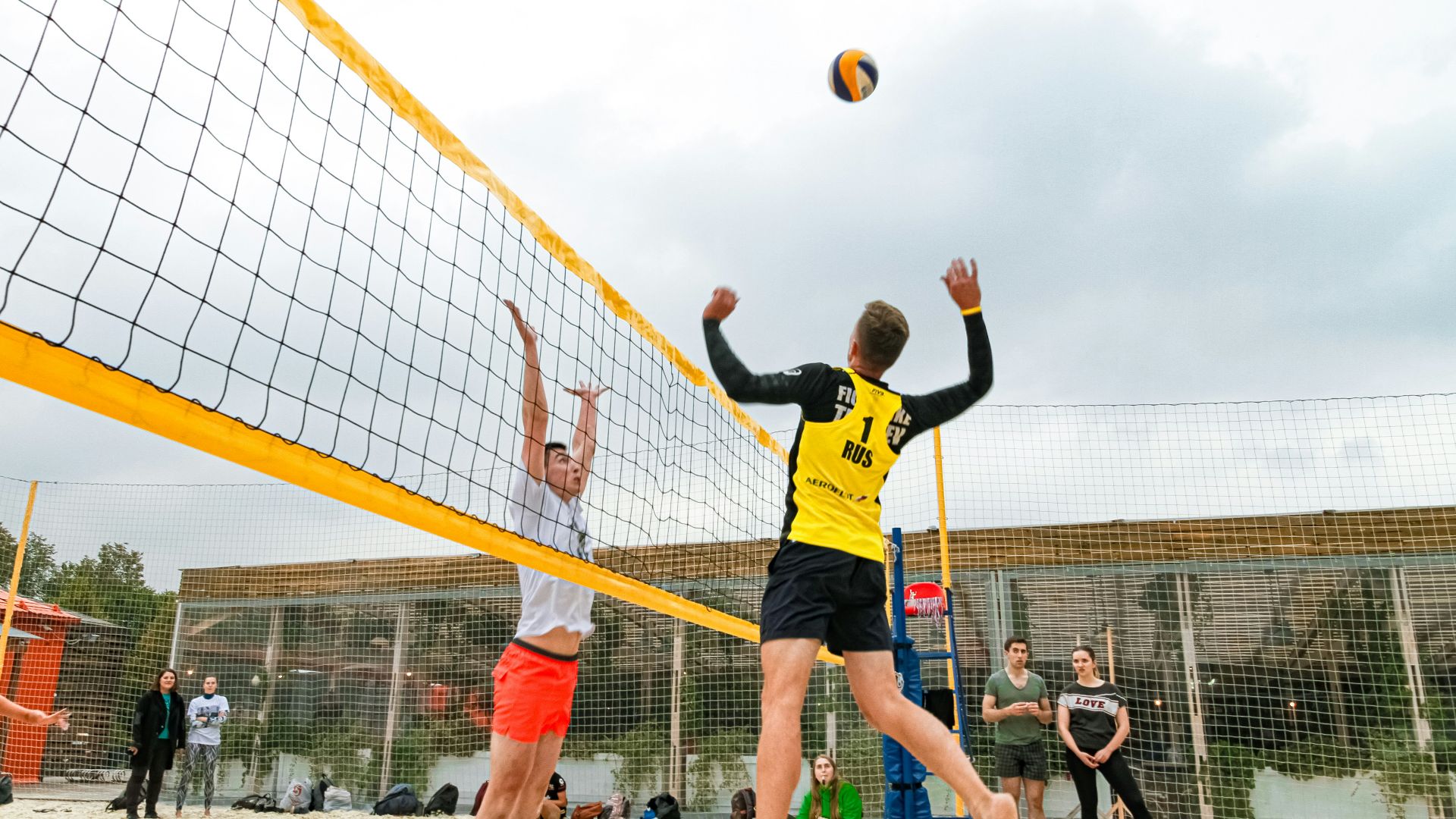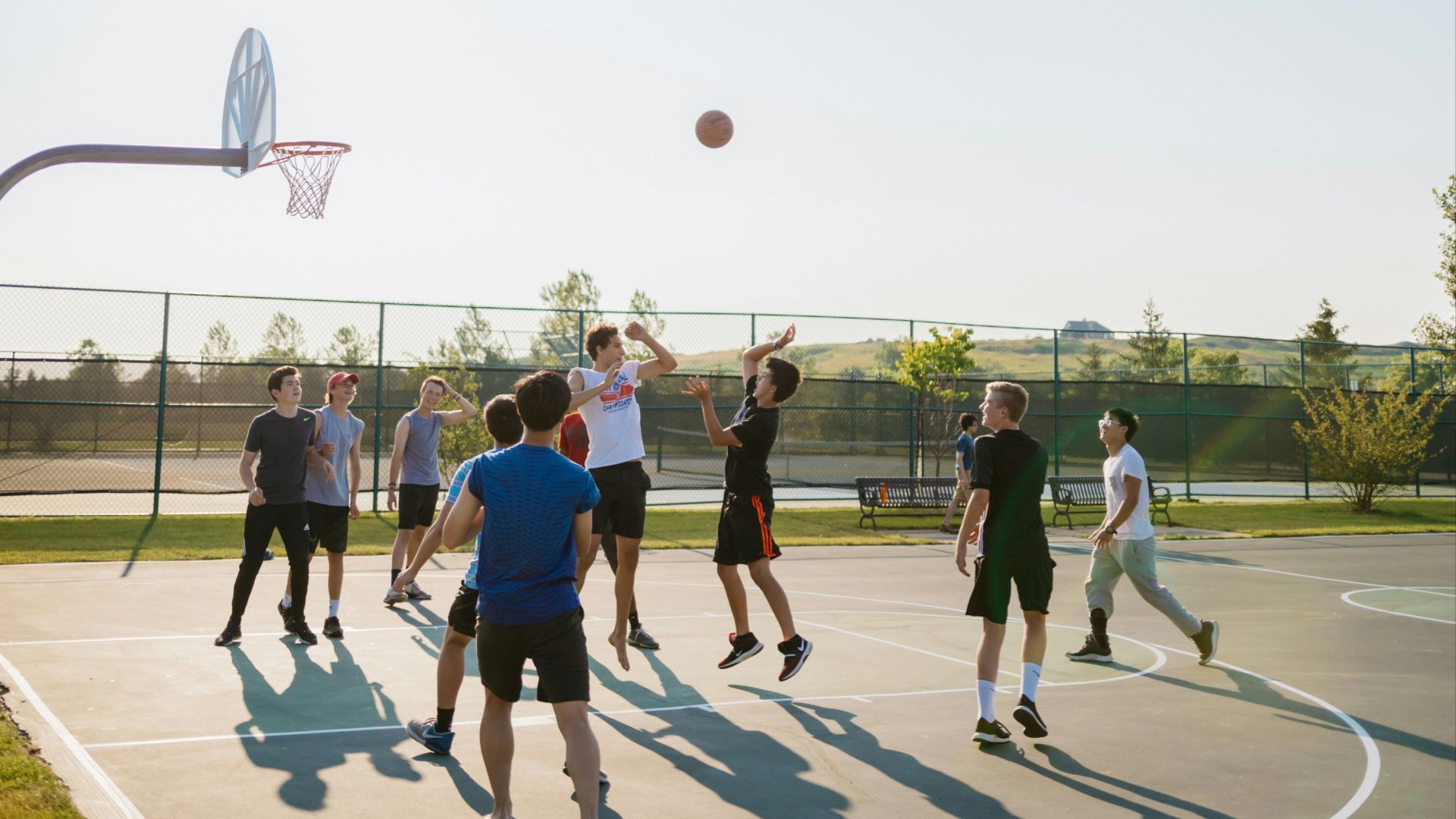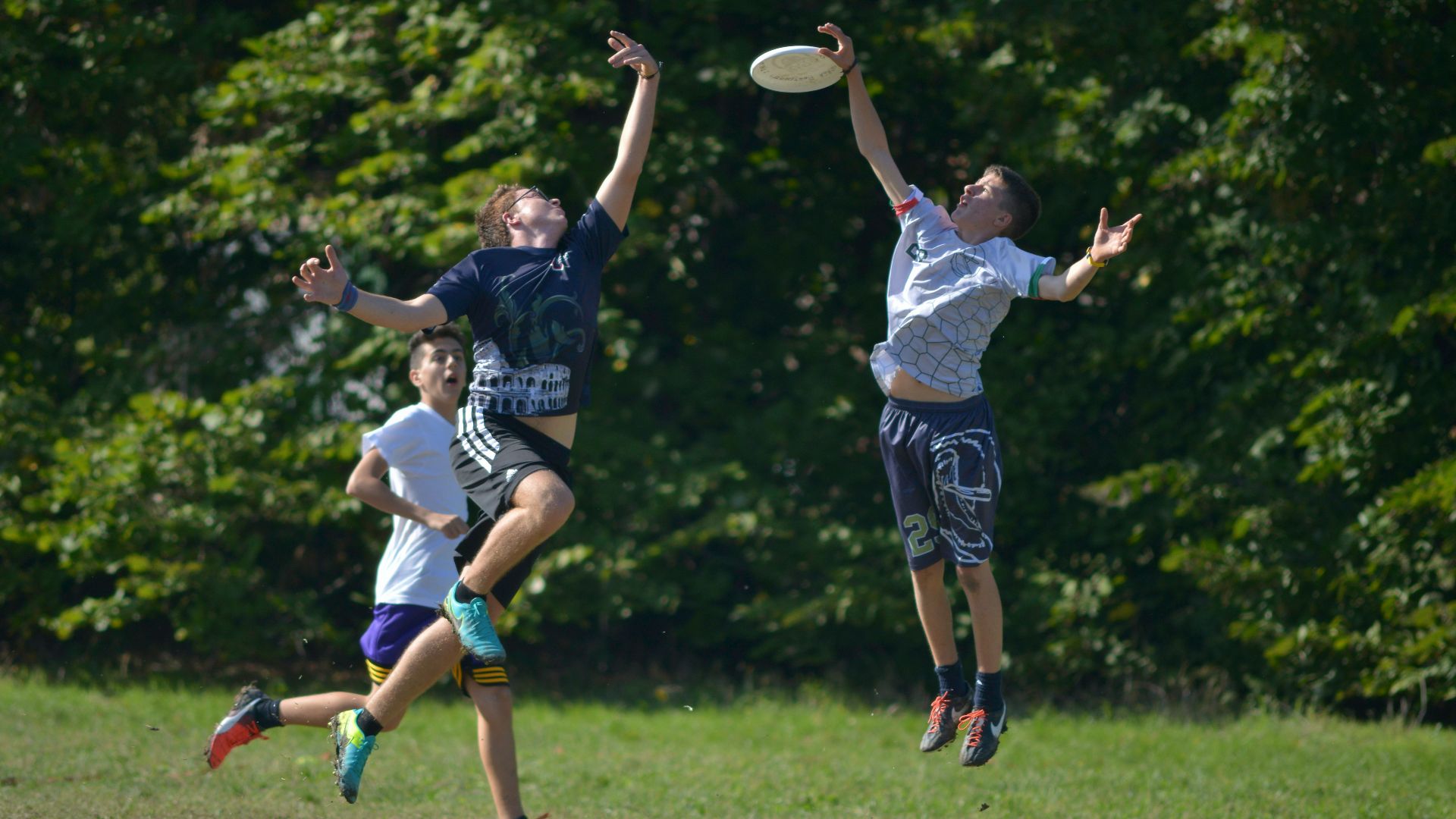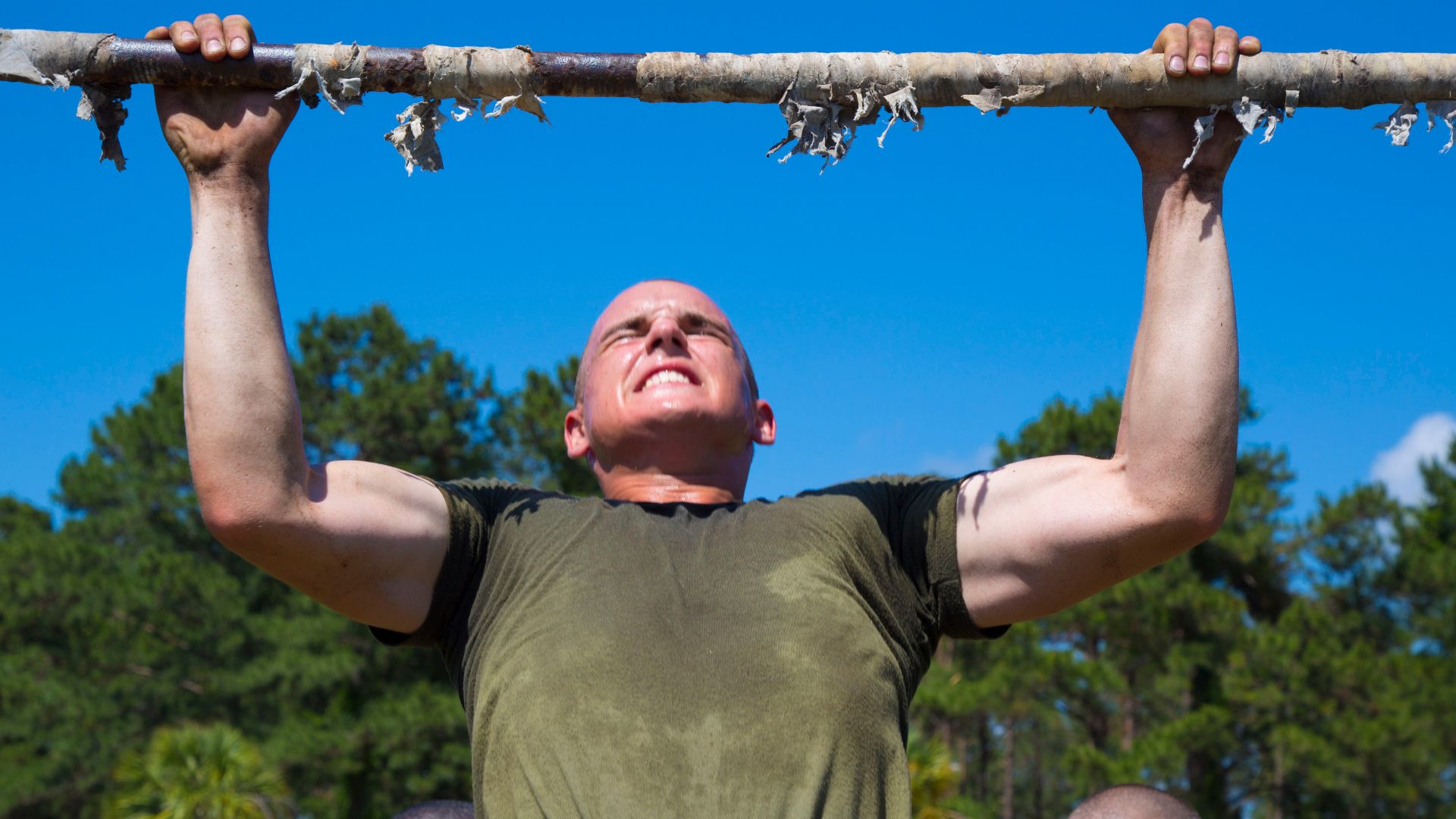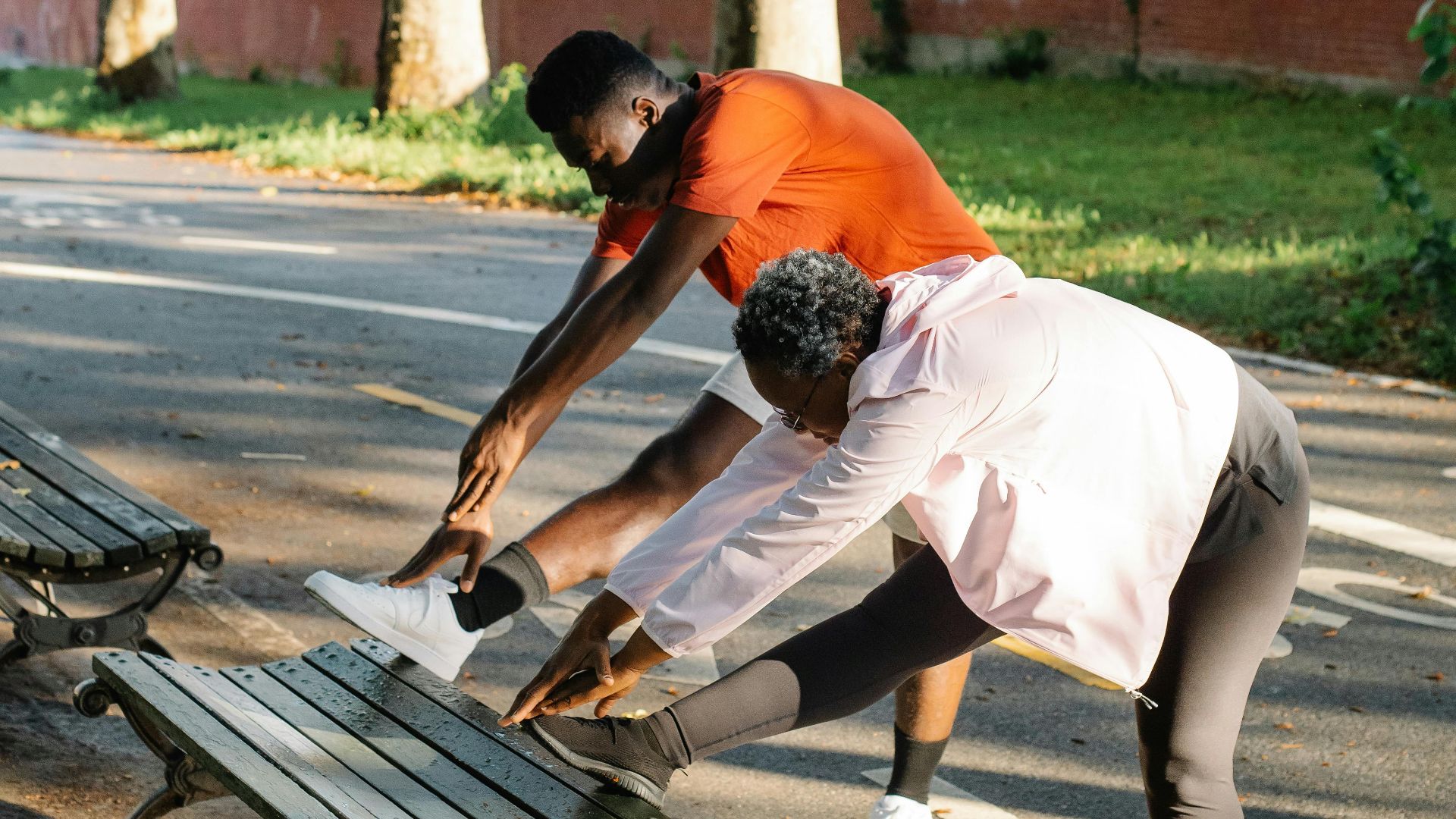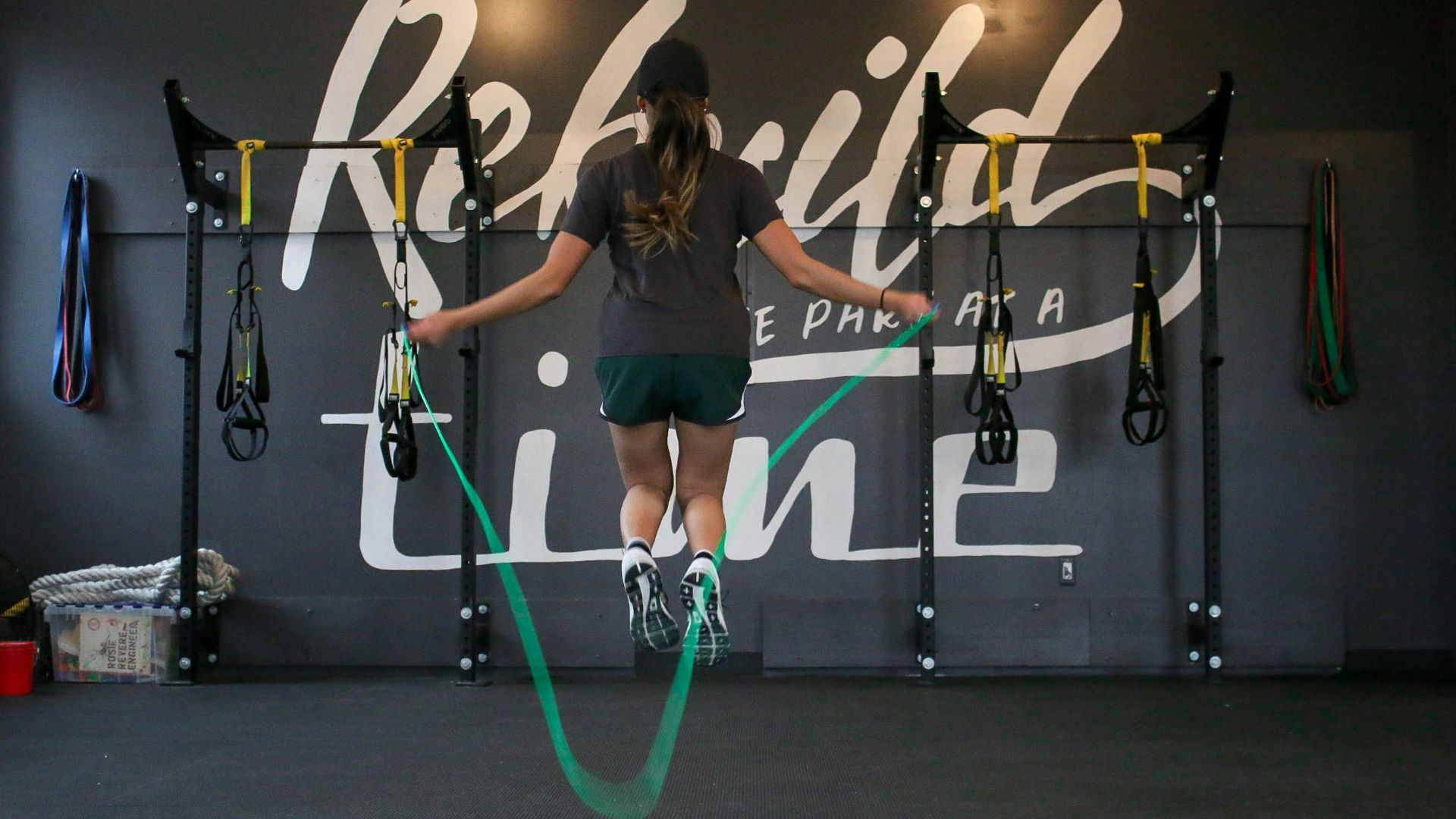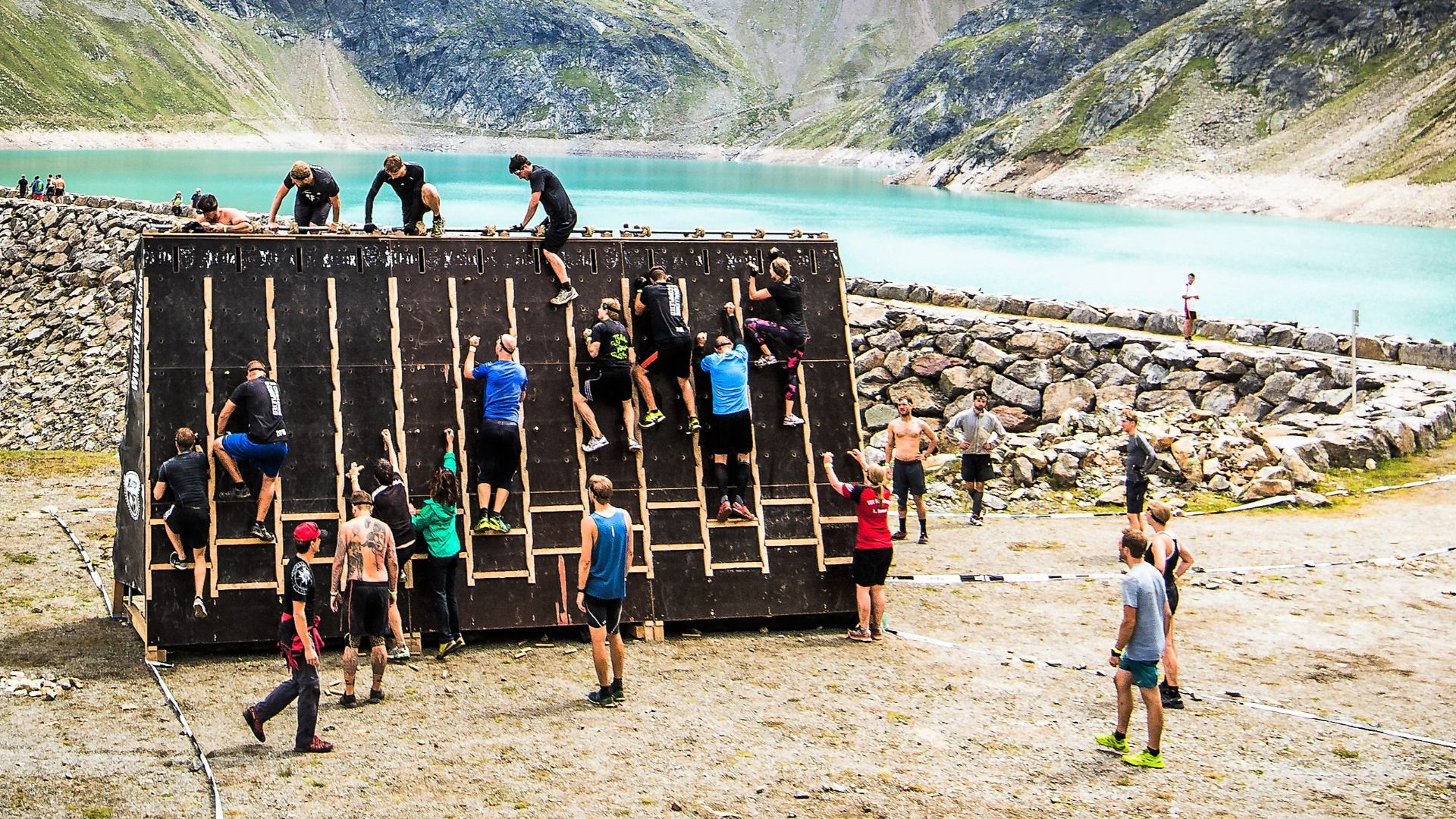Push Your Limits
Those sneakers are collecting dust while your gym membership burns a hole in your wallet. Step outside and discover nature's ultimate calorie-torching playground. These 20 workouts are sure to make treadmills look boring while delivering exactly what you need.
1. Swimming
Your body fights water resistance with every stroke, naturally cooling itself, making swimming a deceptively efficient calorie-burning activity. The butterfly stroke leads the pack by burning over 800 calories per hour. However, leisurely swimming can also burn around 400 calories per hour.
2. Running
Running is undoubtedly one of the most reliable calorie-burning activities outdoors. The beauty lies in its simplicity. Whether you're sprinting or jogging, the workout remains consistently effective across different paces. Your body weight and terrain variations can push performance even higher during challenging trail runs.
3. Rock Climbing
Every muscle group activates during rock climbing as you fight gravity with your entire body weight. The sport demands cardiovascular endurance and muscular strength simultaneously, creating an intense metabolic demand that continues working even after your session ends. Note that climbing strengthens the arm.
4. Cycling
Terrain and intensity significantly influence cycling's potential, with mountain biking leading the pack in terms of energy expenditure. Mountain biking with vigorous effort registers around 14.0 METs compared to moderate cycling's 8.0 METs. This translates to substantially higher burn rates.
5. Surfing
Ocean waves offer unpredictable resistance training that also challenges your balance, core stability, and cardiovascular system. The constant paddling against currents, pop-up movements, and balance adjustments craft a full-body workout that feels more like play than exercise. You can lose around 180 to 300 calories per hour.
6. Skiing
Winter's most exhilarating workout combines lower body power with core stability as you tackle slopes at varying speeds and angles. Cold weather actually increases energy expenditure as your body works harder to maintain core temperature, adding an extra metabolic boost. The adrenaline rush is just crazy.
7. Snowboarding
Carving through powder requires explosive leg movements and constant core engagement, which yields serious results even during seemingly relaxed descents. The learning curve keeps your body guessing and adapting, preventing the efficiency gains that often reduce effectiveness in other repetitive activities.
8. Rollerblading
Because rollerblading reduces the surface area of contact with the ground, it requires strong core and lower-back engagement to maintain stability. It's said that a person weighing around 180 pounds, skating at a moderate pace (MET ~9.8), can burn approximately 840 calories per hour.
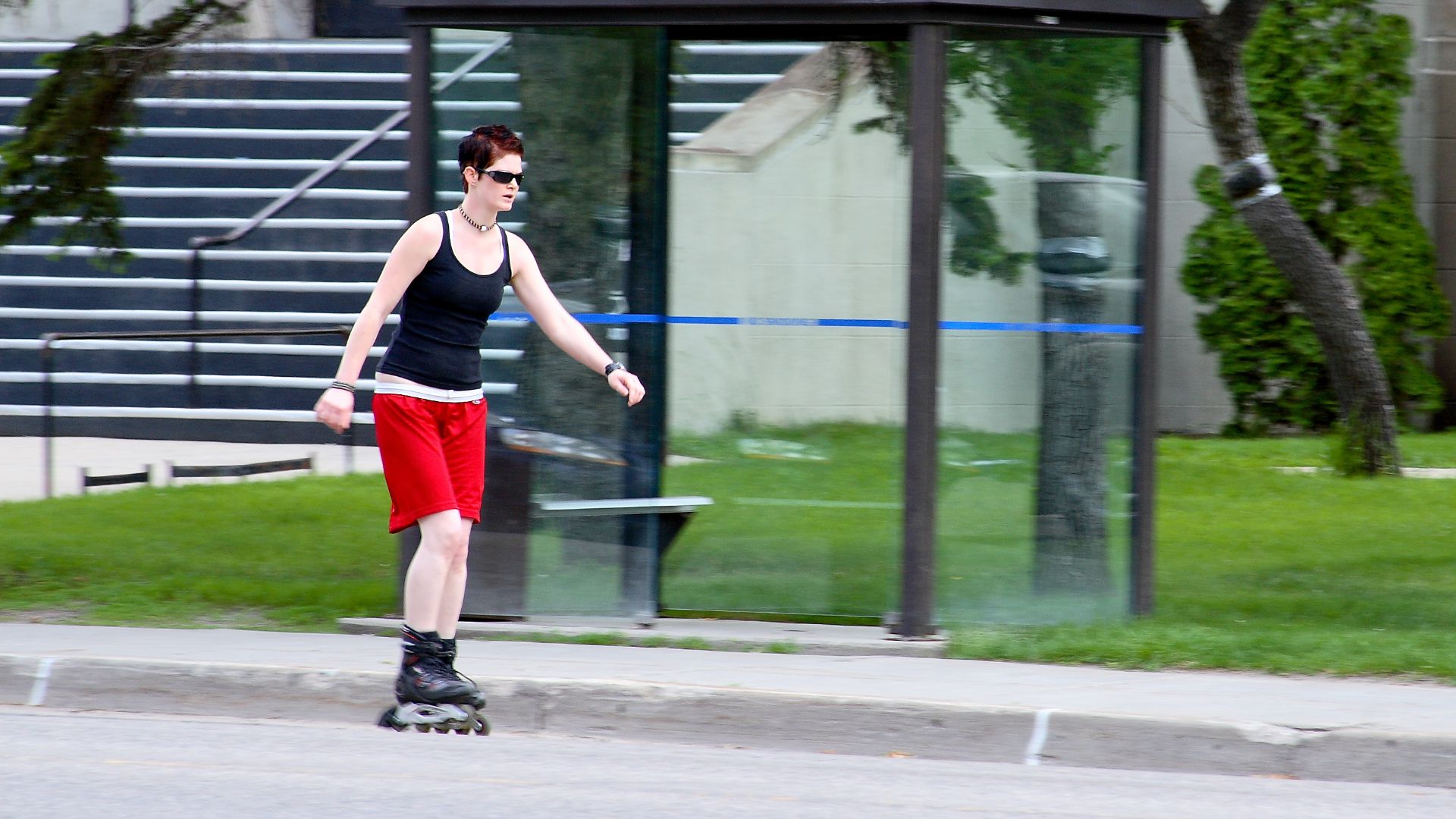 Daniel Paquet from Regina, Canada on Wikimedia
Daniel Paquet from Regina, Canada on Wikimedia
9. Calisthenics
Bodyweight exercises turn any outdoor space into a gymnasium where your own resistance creates the training load. Push-ups, pull-ups, burpees, and jumping movements can be combined into circuits that spike your heart rate while building functional strength. The versatility allows you to adjust intensity instantly.
10. Rowing
Rowing works about 86% of your muscles, involving the legs (quads, hamstrings, calves, glutes), back (lats, traps, spinal erectors), arms (biceps, triceps, forearms), core (abs, obliques, pecs), and shoulders (deltoids) with every stroke. The rowing stroke is about 65–75% leg work and 25–35% upper body work.
11. Soccer
Recreational soccer typically burns between 500 and 600 calories per hour, depending on the player's weight and intensity of play. More sprinting and active involvement usually increase calorie expenditure. Additionally, the sport combines aerobic and anaerobic exercise, improving cardiovascular fitness.
12. Animal Flow Movements
Developed by fitness expert Mike Fitch, Animal Flow blends elements of yoga, bodyweight training, and functional movement into a flowing sequence of exercises that challenge the entire body. Bear crawl includes crawling on hands and feet with knees slightly off the ground, engaging the core and shoulders.
 Introduction to Animal Flow (full 20 min workout) by MUDWTR
Introduction to Animal Flow (full 20 min workout) by MUDWTR
13. Volleyball
Sand or grass surfaces add instability that forces your stabilizing muscles to work overtime during every jump, dive, and lateral movement. The explosive jumping motions help to build lower-body power. Playing volleyball also releases endorphins that reduce stress, anxiety, and depression.
14. Basketball
Basketball involves continuous running, sprinting, and quick changes in direction, which increase heart rate and improve cardiovascular endurance. The sport strengthens both upper and lower body muscles. Playing a full-court game can burn approximately 740–750 calories per hour for an average adult.
15. HIIT
The afterburn effect means you continue to burn energy long after your final rep, making short sessions incredibly time-efficient for busy schedules. HIIT effectively reduces body fat and waist circumference, which is particularly beneficial for people who are overweight or obese.
 20 Min Fat Burning HIIT Workout - Full body Cardio, No Equipment, No Repeat by Oliver Sjostrom
20 Min Fat Burning HIIT Workout - Full body Cardio, No Equipment, No Repeat by Oliver Sjostrom
16. Ultimate Frisbee
This activity has a metabolic equivalent (MET) value of about 5.3 to 8.0, based on the intensity, with more competitive or intense games burning more calories (up to 775 calories per hour or higher). It mainly engages your arms and shoulders for throwing.
17. Bootcamp
Military-inspired drills combine strength, cardio, and mental toughness training into challenging circuits. The group setting brings about accountability and competitive energy. Additionally, natural outdoor obstacles like hills, logs, and uneven terrain add functional movement challenges that indoor facilities simply cannot replicate.
18. Park Bench Workout
The Park Bench Workout is a versatile, effective outdoor exercise routine that uses a simple park bench to target multiple muscle groups, improve core strength, balance, and joint stability. It requires no special equipment beyond a sturdy bench and can be adapted for all fitness levels.
19. Jump-Rope
Around 10 minutes of jumping rope is capable of making you lose as many calories as running an 8-minute mile, with sessions burning up to 1,300 calories per hour. Jumping rope is classified as a vigorous-intensity aerobic activity. Regular workouts can even strengthen the heart.
20. Obstacle-Racing
Obstacle racing targets multiple muscle groups at the same time. Crawling, climbing, jumping, and running between obstacles work the upper and lower body, core, and stabilizer muscles, providing a comprehensive strength and endurance workout. Most importantly, OCRs demand upper body strength for climbing.
KEEP ON READING

20 Natural Ways You Can Boost Your Immune System

20 Ways To De-stress & Relax After Work

The 10 Most Common Diseases & The 10 Most Rare



